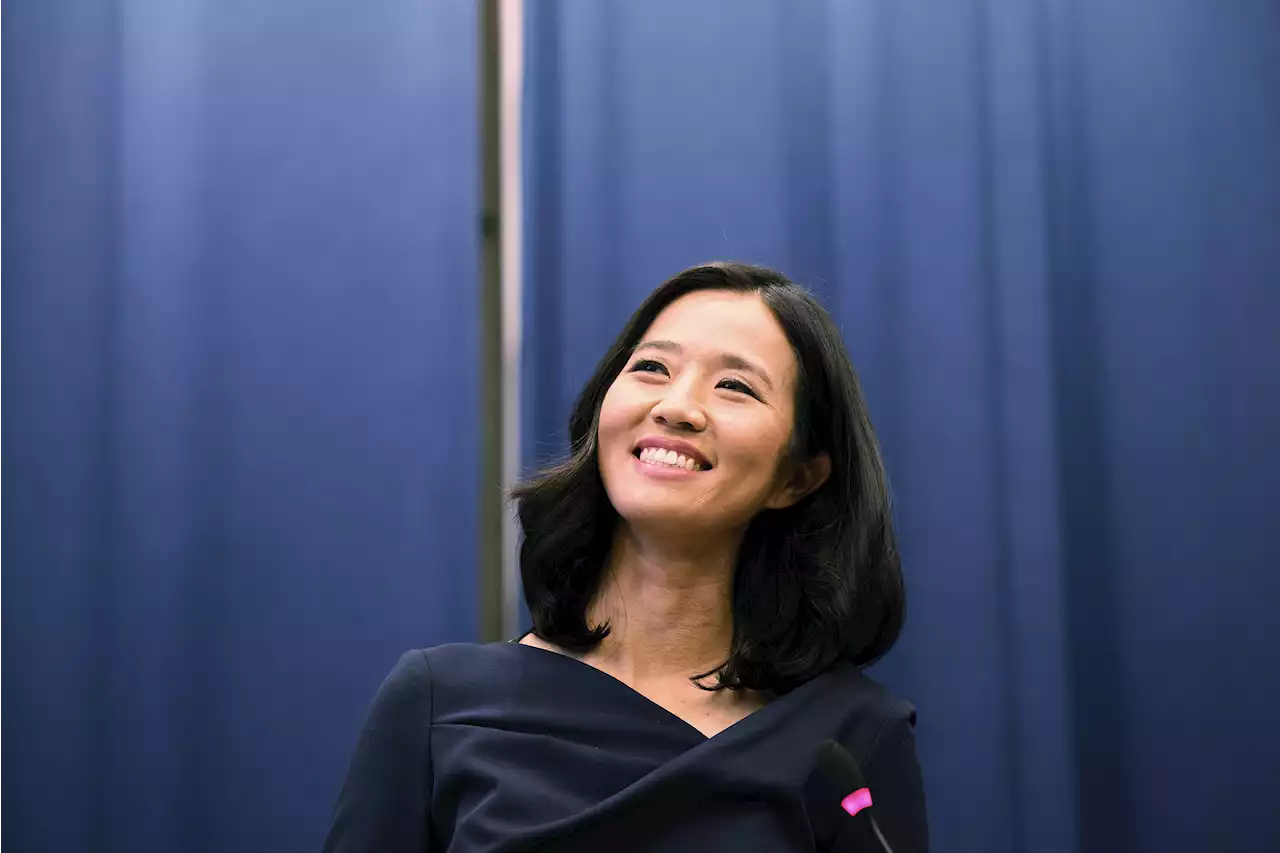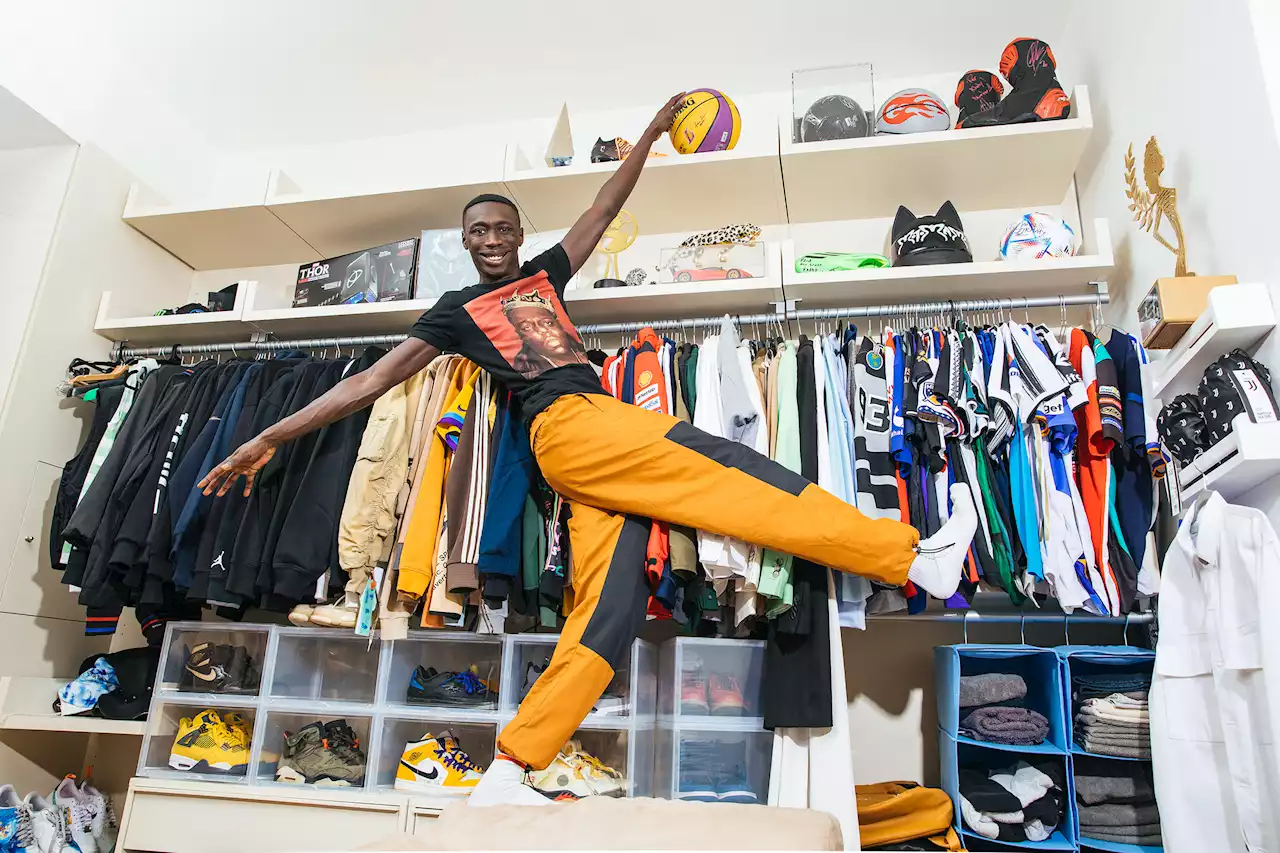A new lexicon around masks has emerged: some Japanese call them “kao pantsu” (“face underwear”), reflecting how essential they have become
Save time by listening to our audio articles as you multitaskEven before covid-19 arrived, mask use was common in Japan. Many wore them as a barrier against pollen during hay-fever season or to protect others when sniffly. During the pandemic, the practice, though the government has never enforced a mask mandate. It looks set to continue. A recent survey showed that half of Japanese would like to keep wearing masks as much as possible, regardless of medical advice or rules.
Some reckon the attachment to masks is a function of social conformity. Since mask-wearing has become common practice, no one wants to be the one to buck the trend. “In Western countries if there’s coercion, people feel their freedom is invaded, but in Japan people feel it is fair if everyone is doing it,” says Yonaha Jun, a cultural critic.
Japanese communicative culture may place a greater emphasis on the eyes than the mouth. Consider emoticons , says Yamaguchi Masami of Chuo University: in the West, the shape of the mouth changes the expression, such as :-P or :-D. In Japan, the eyes do: or ^^. Ms Yamaguchi, who has conducted studies on how facial expressions are perceived, reckons that people in East Asia tend to spend relatively more time looking at the eyes of a speaker, while Westerners focus more on the mouth.
Moreover, young people have discovered that masks can be useful for covering up unflattering features, blemished skin or crooked teeth. Men can get away without shaving, and women without putting on make-up. Some young women believe masks make their eyes seem larger and prettier.”, or “face underwear”, reflecting how essential they have become. Among adults, a “”, or “mask fraud”, is someone who looks good with one on, but less so with it off.
Zawachin’s advice is to take it slowly. “It takes a lot of courage to take it off all at once,” she says. Try spending a few days with the mask below your nose, then shift to wearing it below your lips, and finally below your chin. Eventually, she suggests, it will start to feel normal to live without a mask.
Danmark Seneste Nyt, Danmark Overskrifter
Similar News:Du kan også læse nyheder, der ligner denne, som vi har indsamlet fra andre nyhedskilder.
 2022 TIME100 Next: Michelle Wu'Caregiver. Councilor. Innovator. Organizer. Mother. Mayor. wutrain brings her entire self to the work of public service,' writes AyannaPressley TIME100Next
2022 TIME100 Next: Michelle Wu'Caregiver. Councilor. Innovator. Organizer. Mother. Mayor. wutrain brings her entire self to the work of public service,' writes AyannaPressley TIME100Next
Læs mere »
 9 possible reasons you always wake up soaked in sweatFrom anxiety to autoimmune disorders, here’s why you may wake up drenched.
9 possible reasons you always wake up soaked in sweatFrom anxiety to autoimmune disorders, here’s why you may wake up drenched.
Læs mere »
 2022 TIME100 Next: Nida Manzoor'Nida Manzoor's fearless and joyful self-expression is making more space for those who had once fallen between the cracks,' writes rizwanahmed. 'She’s stretching culture for all of us' TIME100Next
2022 TIME100 Next: Nida Manzoor'Nida Manzoor's fearless and joyful self-expression is making more space for those who had once fallen between the cracks,' writes rizwanahmed. 'She’s stretching culture for all of us' TIME100Next
Læs mere »
 2022 TIME100 Next: Akash AmbaniThe scion of Indian industrialist royalty, Akash Ambani was always expected to rise in business. But he has been putting in hard work TIME100Next
2022 TIME100 Next: Akash AmbaniThe scion of Indian industrialist royalty, Akash Ambani was always expected to rise in business. But he has been putting in hard work TIME100Next
Læs mere »
 2022 TIME100 Next: Khaby Lame'KhabyLame doesn’t need to say a word—his videos will have you rolling in laughter in just seconds. That’s why he’s now the king of TikTok,' writes charlidamelio TIME100Next
2022 TIME100 Next: Khaby Lame'KhabyLame doesn’t need to say a word—his videos will have you rolling in laughter in just seconds. That’s why he’s now the king of TikTok,' writes charlidamelio TIME100Next
Læs mere »
